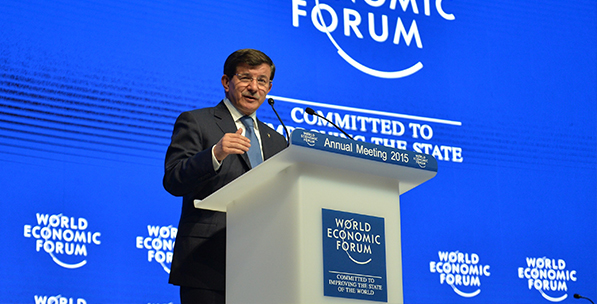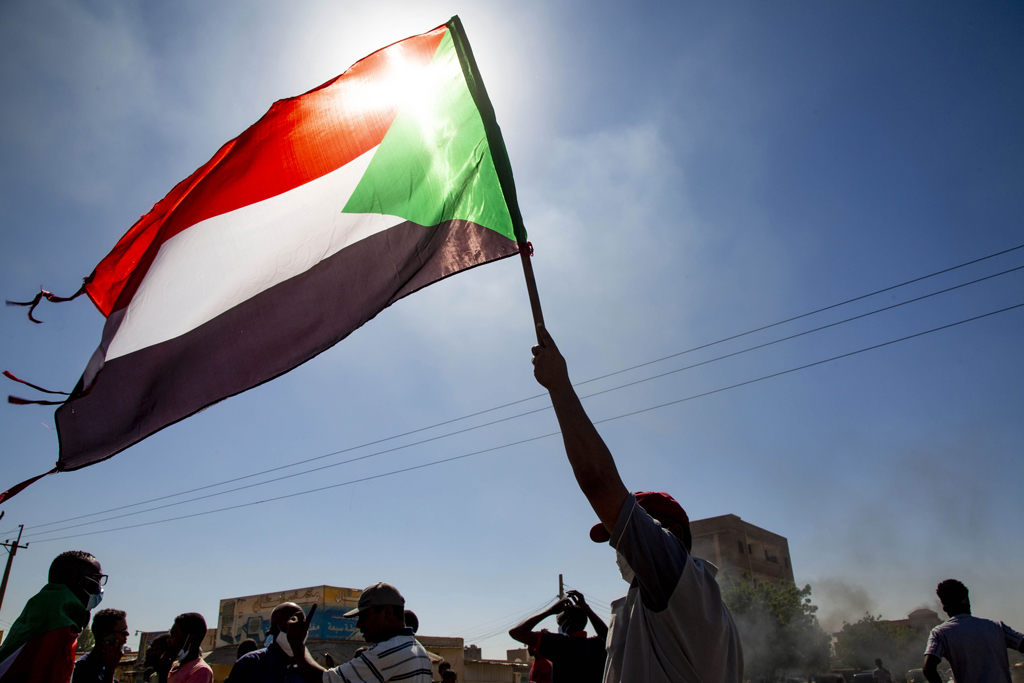Ahead of this week's Africa tour, President Recep Tayyip Erdoğan addressed the 10th session of the Parliamentary Union of the Organization of Islamic Cooperation while Prime Minister Ahmet Davutoğlu, who currently serves as G20 president, highlighted the present world order's injustices at the World Economic Forum 2015. These speeches invoked one of the main themes of Turkish foreign policy: "We desperately need a new world order."
Ever since its establishment, the Justice and Development Party (AK Party) has pointed to worldwide injustices within the context of an "alliance of civilizations" and argued that the Muslim world deserved to fare better. Mr. Erdoğan's famous protest at the World Economic Forum 2009, in this regard, drew attention not only to Israeli oppression but also to the ways in which the U.N. system favored great powers at the expense of others.
Most recently, a campaign called "The World is Bigger than Five" created a new platform for Turkey's criticism of the world order. This argument became the embodiment of an approach that urges the West to engage in self-criticism and reminds Western societies of their responsibility toward humanity. It is no secret that the emergence of this line of criticism, which concentrates on the duties of the United States and Europe, into a permanent feature of Turkish foreign policy left more than a few Western capitals disgruntled.
On occasion, we come across op-ed pieces in the media falsely attempting to link the criticism voiced by Turkey, a member of multiple Western alliances, as a sign of changing strategic priorities. It would be more accurate, however, to view Turkey's cynicism as an indication of the country's eagerness to play a bigger role in world politics – which I like to call "critical integration with the West."
An additional aspect of this foreign policy approach relates to the nature of Turkey's relationship with the Muslim world. Unfortunately, those who describe the AK Party government's interest in the Muslim world as emotional and pan-Islamist, fail to capture the real-life basis of the affair. President Erdoğan's call to concentrate on resolving the crisis wherein the Muslim world finds itself at the expense of "individual interests and sectarian differences" similarly points to the tragic consequences of the ongoing power struggle between Muslim countries. Regional powers, likewise, bear great responsibility for reversing the Arab Spring, perpetuating the Syrian civil war, facilitating the military coup in Egypt and bringing Yemen to the brink of disintegration. As such, Mr. Erdoğan's argument, whilst avoiding specific countries and leaders, has disturbed pro-status quo actors in the region. Calling on Muslim countries to rise up and act responsibly at the same time, this rhetoric represents a standing invitation to Muslims living under oppressive regimes to be active and responsible agents. By expressing the need to stop Muslim blood from being spilled, he calls on Muslim peoples to take charge of their own destiny.
At present, Turkey assumes a leadership role by promoting dialogue, common thinking, solidarity and integration among Muslims. By criticizing the West over Islamophobia and warning the Muslim world about the threat of sectarianism and violence, the country shoulders the weight of both worlds. The question remains whether any country can realistically bear both burdens. As a stakeholder in both worlds, Turkey simply cannot avoid this challenging task. After all, the revival of essentialist arguments about the West and the Muslim world (i.e. the Crusader versus Islamic terror) does great damage to the country's own universe – which is why Turkey's integration with the West and the Muslim world alike must rest on a healthy dose of criticism.
[Daily Sabah, January 26, 2015]








